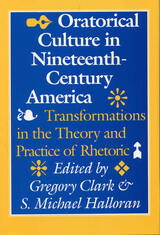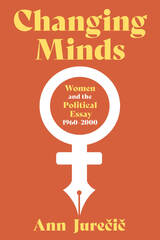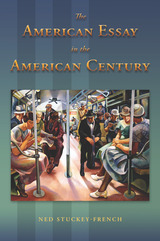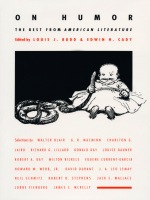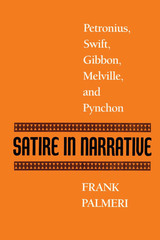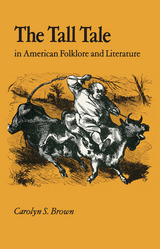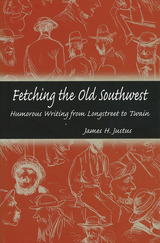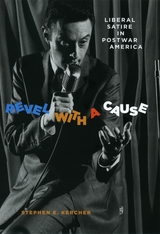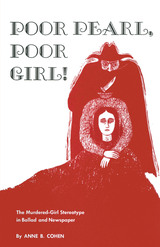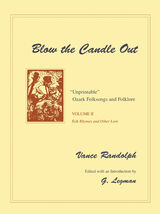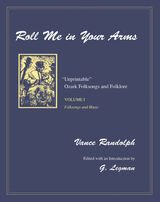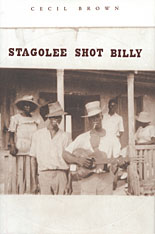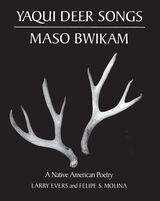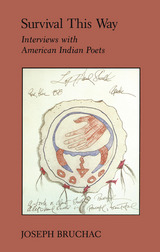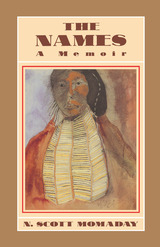Revel with a Cause: Liberal Satire in Postwar America
University of Chicago Press, 2006
Cloth: 978-0-226-43164-2 | eISBN: 978-0-226-43165-9
Library of Congress Classification PS438.K47 2006
Dewey Decimal Classification 817.5409358
Cloth: 978-0-226-43164-2 | eISBN: 978-0-226-43165-9
Library of Congress Classification PS438.K47 2006
Dewey Decimal Classification 817.5409358
ABOUT THIS BOOK | AUTHOR BIOGRAPHY | REVIEWS | TOC | REQUEST ACCESSIBLE FILE
ABOUT THIS BOOK
We live in a time much like the postwar era. A time of arch political conservatism and vast social conformity. A time in which our nation’s leaders question and challenge the patriotism of those who oppose their policies. But before there was Jon Stewart, Al Franken, or Bill Maher, there were Mort Sahl, Stan Freberg, and Lenny Bruce—liberal satirists who, through their wry and scabrous comedic routines, waged war against the political ironies, contradictions, and hypocrisies of their times.
Revel with a Cause is their story. Stephen Kercher here provides the first comprehensive look at the satiric humor that flourished in the United States during the 1950s and early 1960s. Focusing on an impressive range of comedy—not just standup comedians of the day but also satirical publications like MAD magazine, improvisational theater groups such asSecond City, the motion picture Dr. Strangelove, and TV shows like That Was the Week That Was—Kercher reminds us that the postwar era saw varieties of comic expression that were more challenging and nonconformist than we commonly remember. His history of these comedic luminaries shows that for a sizeable audience of educated, middle-class Americans who shared such liberal views, the period’s satire was a crucial mode of cultural dissent. For such individuals, satire was a vehicle through which concerns over the suppression of civil liberties, Cold War foreign policies, blind social conformity, and our heated racial crisis could be productively addressed.
A vibrant and probing look at some of the most influential comedy of mid-twentieth-century America, Revel with a Cause belongs on the short list of essential books for anyone interested in the relationship between American politics and popular culture.
Revel with a Cause is their story. Stephen Kercher here provides the first comprehensive look at the satiric humor that flourished in the United States during the 1950s and early 1960s. Focusing on an impressive range of comedy—not just standup comedians of the day but also satirical publications like MAD magazine, improvisational theater groups such asSecond City, the motion picture Dr. Strangelove, and TV shows like That Was the Week That Was—Kercher reminds us that the postwar era saw varieties of comic expression that were more challenging and nonconformist than we commonly remember. His history of these comedic luminaries shows that for a sizeable audience of educated, middle-class Americans who shared such liberal views, the period’s satire was a crucial mode of cultural dissent. For such individuals, satire was a vehicle through which concerns over the suppression of civil liberties, Cold War foreign policies, blind social conformity, and our heated racial crisis could be productively addressed.
A vibrant and probing look at some of the most influential comedy of mid-twentieth-century America, Revel with a Cause belongs on the short list of essential books for anyone interested in the relationship between American politics and popular culture.
See other books on: Humor | Liberalism | Liberalism in literature | Politics and literature | Postwar America
See other titles from University of Chicago Press
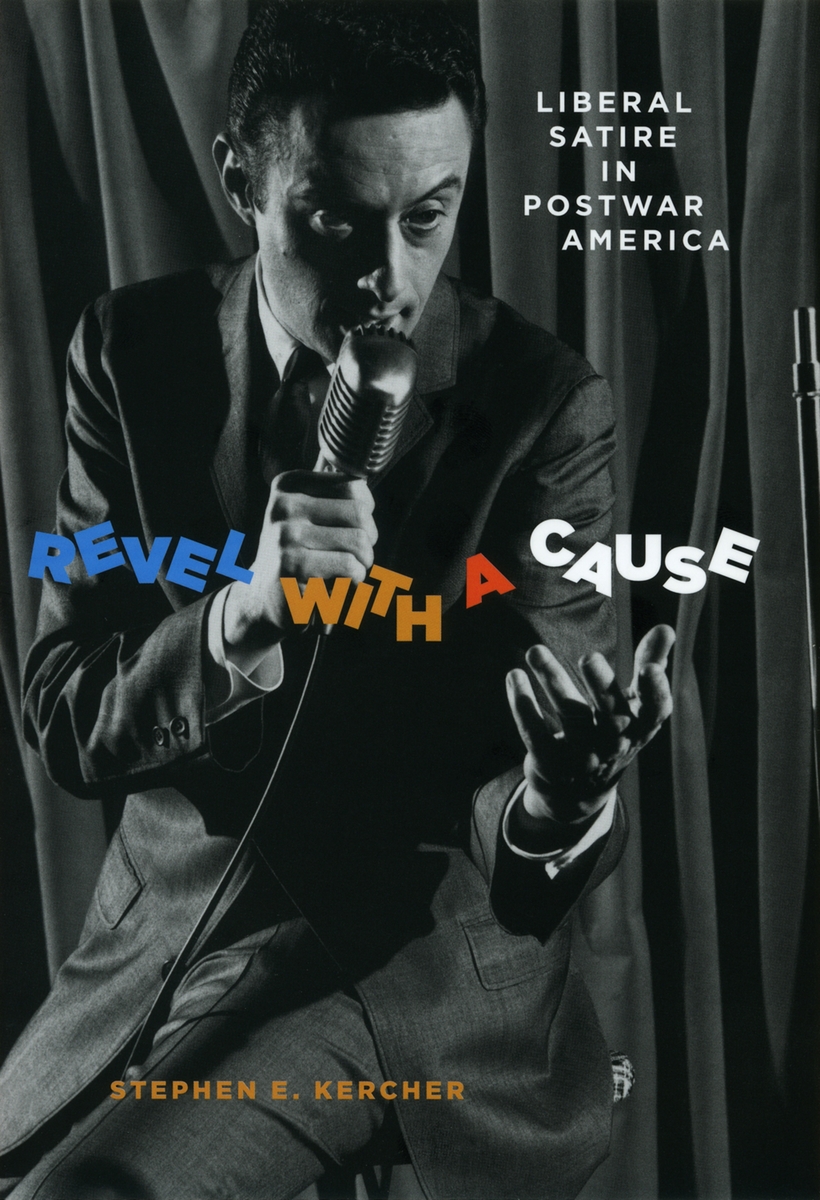

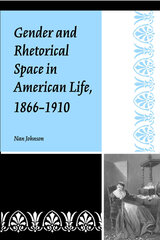
![Appropriate[Ing] Dress: Women's Rhetorical Style in Nineteenth-Century America](https://www.bibliovault.org/thumbs/978-0-8093-8518-8-thumb.jpg)
